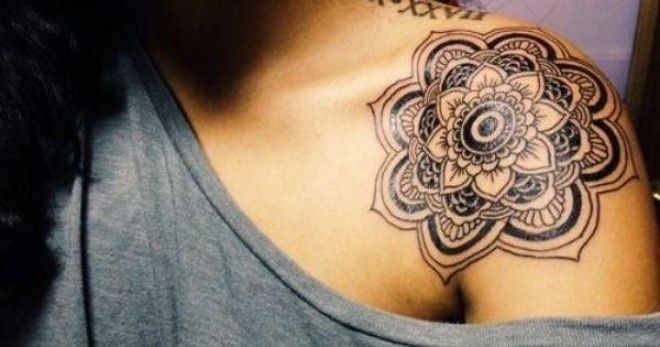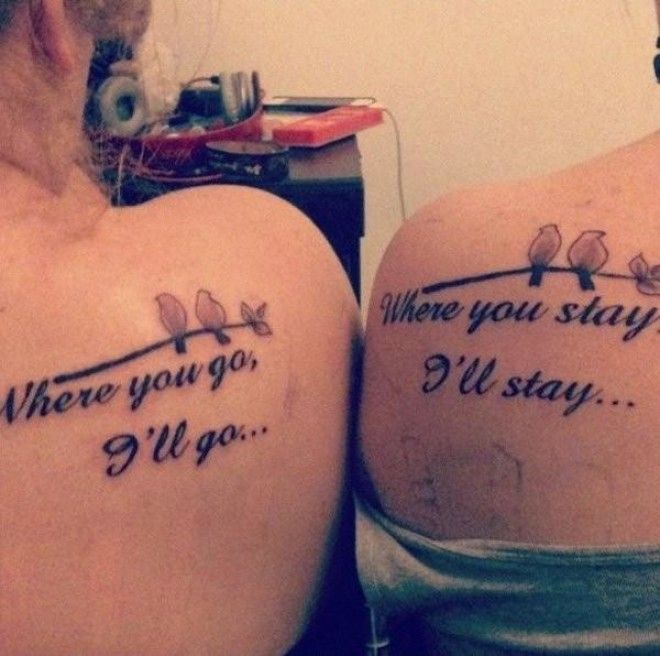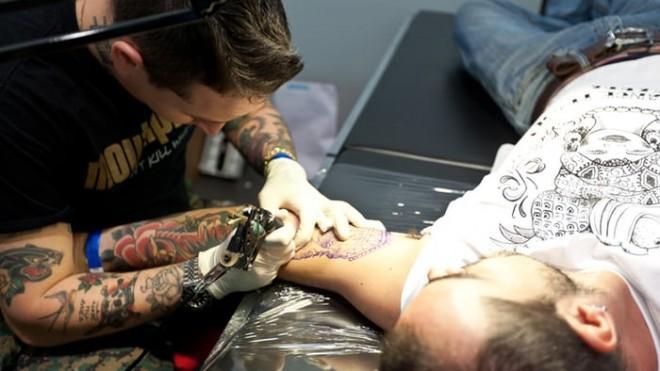becomes.

That's what the new research, conductedby scientists at the University of Alabama, has found. The team worked with tattoo businesses in Tucaloosa and Leeds, recording the amount of time patients were tattooed, and taking saliva samples before and after sessions.
Back in the lab, the team analyzed thesamples, measuring levels of an antibody called immunoglobulin A anda stress hormone that's known that suppresses immune response, known as cortisol. The results showed that increased stress levels whengetting a tattoo lead to a significant reduction in immunoglobulin A levels. However, the more tattoos that any one individual received, the antibody decrease became less and less pronounced.
According to the researchers, the moreoften a patient gets a tattoo, the higher the stress threshold becomes before an immunological response is triggered. In a basic sense, immunologically speaking, the body gets stronger.

The topic of the research might seem alittle out of the ordinary, but to researcher Dr. Christopher Lynn, that's exactly the point, with the unusual research topic helping to catch the attention of his students.
"The trick is to find ways to studycatchy concepts that are also important," said Lynn. "Nobody had done anything like this tattooing study, looking at the potential benefits from a biological perspective."
The research was published online inthe American Journal of Human Biology.

